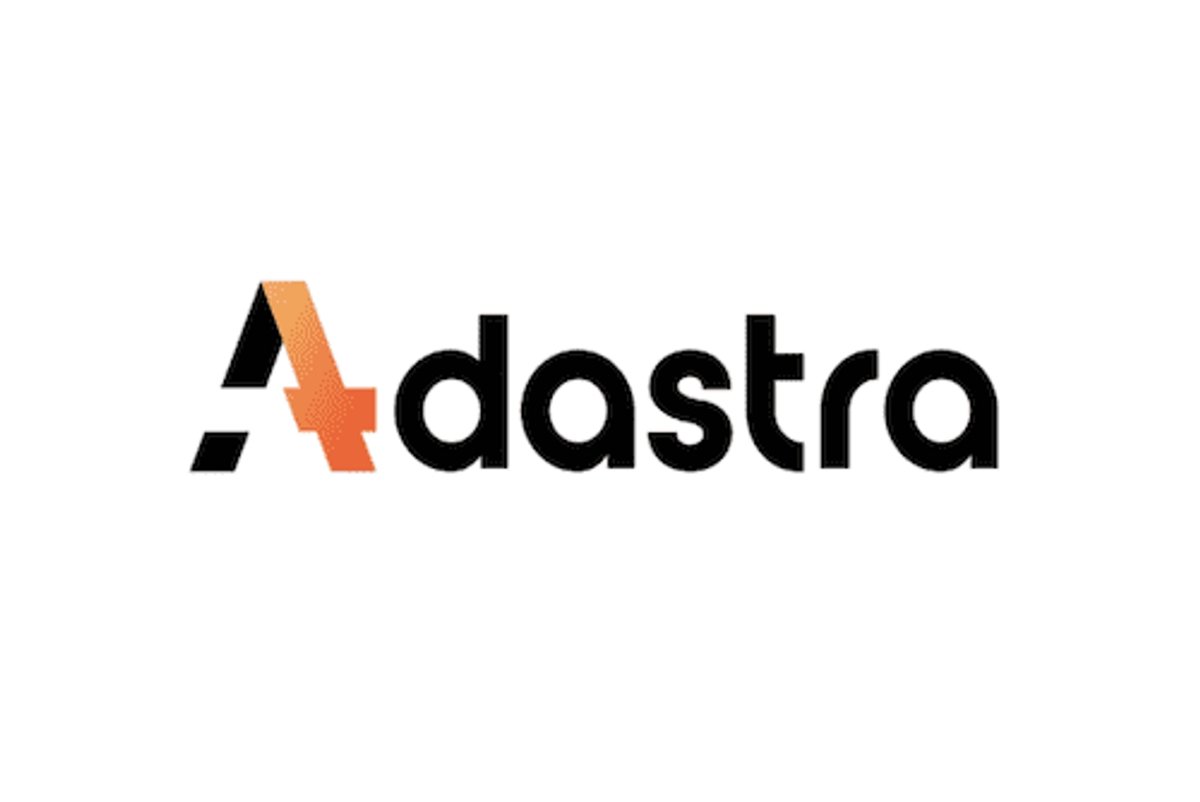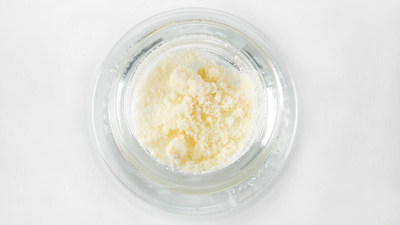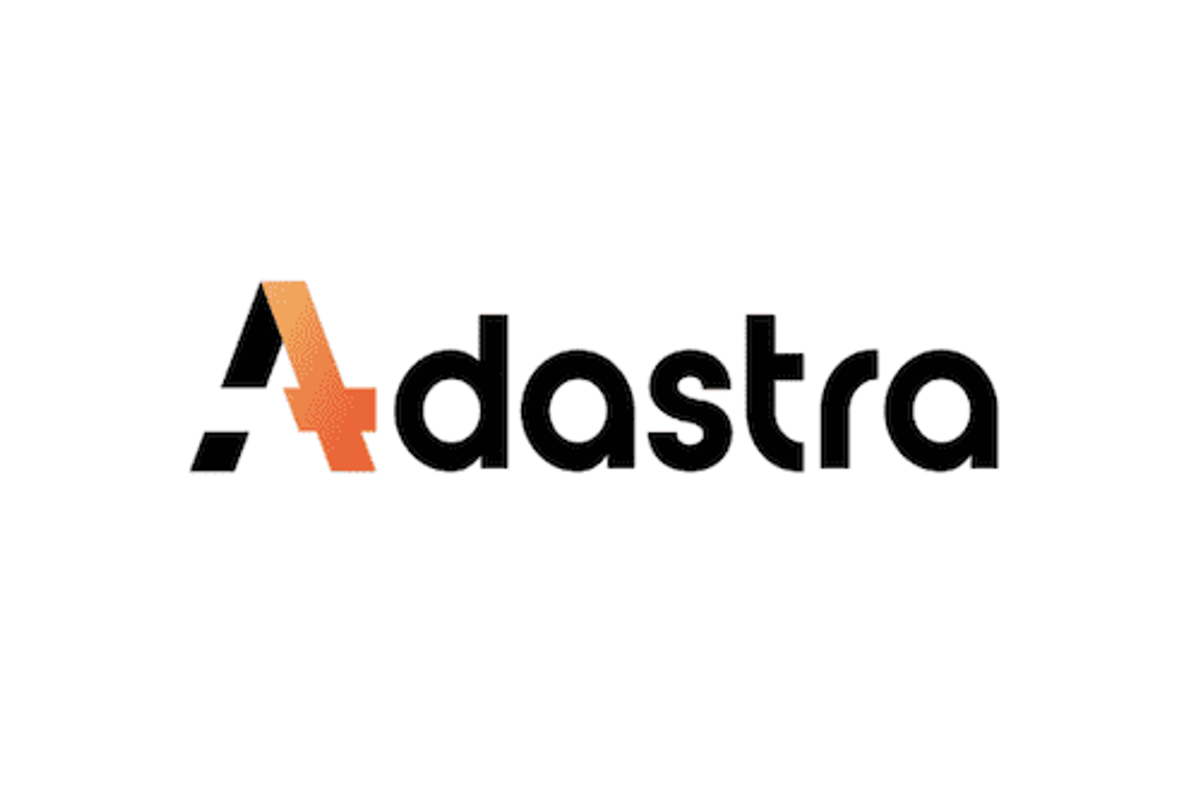
Adastra Holdings Ltd. (formerly Phyto Extractions Inc.) (CSE: XTRX) (Frankfurt: D2EP) ("Adastra" or the "Company"), a leader in innovative ethnobotanical and cannabis science products, today announced the creation of CBD Isolate. The composition of CBD isolate enables the development and commercialization of recreational, medical, and cosmetic products.
Designed specifically for patients and consumers seeking the benefits of CBD but in a THC-free experience, this 99% pure CBD crystalline isolate is nearly free of THC, eliminating the psychoactive effects. Available in a crystalline powder, CBD isolate can be formulated into a wide range of products, including tinctures, oils, topicals, vapes, and capsules.
"Significant research clearly shows that CBD can help reduce pain, anxiety, and inflammation while protecting the skin," said Jean-Paul Lim MD, FRCPC, Medical Director at PerceiveMD, a wholly owned subsidiary of Adastra acquired in August 2021 . "Furthermore, CBD is highly tolerable, does not produce euphoria, and has a low risk for adverse effects. Therefore, the isolate products we are developing are expected to provide the meaningful benefits of CBD without the psychoactive effects, addressing a significant and growing patient need. Additionally, CBD derived from hemp enables people who are unable to tolerate THC due to sensitivities, or who have certain mental health issues such as bipolar, schizophrenia, severe depression or anxiety, to enjoy the benefits of CBD."
Added Donald Dinsmore , Adastra's Chief Operating Officer, "Adastra has developed cryo-ethanol extraction processes that are extremely scalable for extracting cannabinoids from hemp, which enables compound isolation. CBD isolate is an attractive ingredient for a variety of medical and recreational products – it is very pure with greater than 99% CBD and can be derived from hemp, a very low-cost raw material. With the successful creation of a CBD isolate, we are now developing a range of medical and consumer-focused products. These products leverage our recent acquisition of PerceiveMD. Once we secure a medical sales license, expected before the end of the year, we will prescribe medical and related products through PerceiveMD patient centres and other channels.
Adastra plans to distribute its line of CBD isolate products through multiple channels. With the recently completed PerceiveMD acquisition, Adastra has access to over 4,500 patients seeking holistic remedies. Additionally, Adastra will pursue immediate distribution through the Ageless Living clinics in British Columbia and Alberta and third-party clinics throughout Canada .
About Adastra Holdings Ltd.
Founded in 2018 and formerly known as Phyto Extractions Inc., Adastra is a leading manufacturer and supplier of innovative ethnobotanical and cannabis science products designed for the adult-use and medical markets and forward-looking therapeutic applications. Adastra is renowned throughout Canada for its popular line of Phyto Extractions branded cannabis concentrate products available on shelves at over 1,400 adult-use retailers across the country. The Company also operates Adastra Labs, a 13,500 sq. ft. agricultural-scale Health Canada licensed facility located in Langley, BC ., focused on extraction, distillation, and manufacturing of cannabis-derived products. Adastra has now successfully taken the first steps in becoming a licensed cultivator, tester, extractor, and seller of controlled substances, including Psilocybin, Psilocin, MDMA, N, N-Dimethyltryptamine (DMT), 5- MeO-DMT, and LSD by applying for a Controlled Substances Dealer's Licence, which is under review by Health Canada. Pending Health Canada approval, Adastra is poised to be a drug formulation and development leader in this emerging sector. In addition, with the recent acquisition of 1225140 B .C. Ltd., doing business as PerceiveMD, Adastra operates a multidisciplinary centre for medical cannabis and psychedelic therapies, working alongside doctors and healthcare professionals within the regulated environment to help create efficacious remedies that address the actual needs of patients.
Connect with Adastra: Email | Website | Instagram | LinkedIn | Twitter | Facebook
ON BEHALF OF THE BOARD
Adastra Holdings LTD. (CSE: XTRX)
Forward-Looking Information:
This news release includes forward-looking information within the meaning of Canadian securities legislation, concerning the business of the Company. Forward-looking information is based on certain key expectations and assumptions made by the management of the Company. Although the Company believes that the expectations and assumptions on which such forward-looking information is based are reasonable, undue reliance should not be placed on the forward-looking information because the Company can give no assurance that they will prove correct. Forward-looking information in this news release includes statements with respect to the Controlled Drugs and Substances Dealer's License; the changing regulations surrounding certain psychedelics and associated treatments; societal acceptance of psychedelic treatments; the ability of the Company to conduct testing, production, or sales of any compounds beyond cannabis; and the ability of the Company to work with partners such as medical doctors, pharmaceutical companies and pharmacies if it is permitted to conduct extraction research and develop psychedelic compounds. There are numerous risks and uncertainties that could cause actual results and the Company's plans and objectives to differ materially from those expressed in the forward looking information, including: (i) adverse market conditions; (ii) risks inherent in the cannabis extraction sector in general; (iii) changes in regulations surrounding multiple controlled substances; and (iv) other factors beyond the control of the Company. Actual results and future events could differ materially from those anticipated in such information. These and all subsequent written and oral forward-looking information are based on estimates and opinions of management on the dates they are made and are expressly qualified in their entirety by this notice. Except as required by law, the Company does not intend to update these forward-looking statements.
The Canadian Securities Exchange has not reviewed or approved of any contents of this news release.
![]() View original content to download multimedia: https://www.prnewswire.com/news-releases/adastra-holdings-enters-market-with-creation-of-thc-free-99-pure-cbd-isolate-301387792.html
View original content to download multimedia: https://www.prnewswire.com/news-releases/adastra-holdings-enters-market-with-creation-of-thc-free-99-pure-cbd-isolate-301387792.html
SOURCE Adastra Holdings Ltd.



